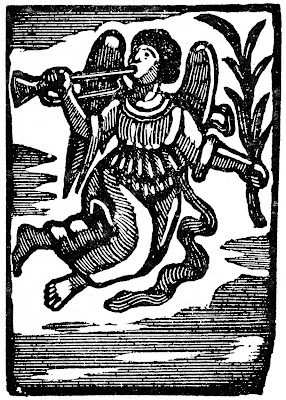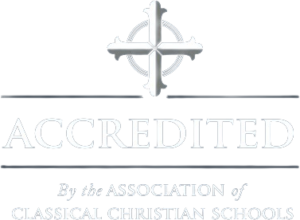
There are a number of things that set a classical Christian education apart and make it unique. One of those things is the study of Latin and Greek.
Providence students learn Latin for six years (4th-9th grades) and New Testament Greek for two years (10th-11th grades). These studies are important and valuable distinctives of a classical Christian education. Studying so much Latin and Greek over so many formative years is quite powerful. The study of these classical languages is just one of the many elements of classical Christian education that “makes the little human a little more human, bigger on the inside.”
One of my favorite authors, Peter Kreeft, explains why classical education places such a focus on Latin and Greek, and also describes their enduring power. Perhaps you’ve asked, “Why Latin and Greek”? Dr. Kreeft is an excellent guide as you seek a good answer to that question.
————————————–
The most important part of the curriculum for classical education is what we call the humanities. They are an expansion of what the medieval system called the trivium—the three subjects of grammar, rhetoric, and dialectic —which constitute the language of the humanities as mathematics is the language of the sciences. Grammar means the structure of language, both in general and in particular; and “the particular” means both a foreign language and your native tongue, the King’s English, which is also a foreign language to many of today’s teens. If you do not know another language you will not appreciate English, and you will simply never become a good writer, for two reasons:
First of all, you cannot write good English unless you appreciate English, and you cannot appreciate anything except by contrast with its other, and other languages are that other.
Second, a good writer is a master not only of English but of language itself, but you cannot rise to the knowledge of the universal structures and principles of language itself unless you begin with at least two particular languages (and preferably more than two) from which you can abstract those general principles.
Among non-English languages two stand out as especially useful: Greek and Latin; and this also has two reasons. The first reason is the historical fact that they are the roots of Western civilization, both because of what they are in themselves, the two most beautiful specimens of language ever invented, and because all the great books of premodern times except for the Old Testament were written in either Greek or Latin.
The second reason is that these two languages are so highly and rationally structured with such a good infection of inflection, that to learn them is to exercise the mind more lithely and acrobatically, to give the mind the power to play with words more fully and elaborately, than can be done in any modern language. I can tell, 9 times out of 10, whether a student has studied Greek or Latin simply by reading his English. Great stylists like Cardinal Newman and C. S. Lewis could never have tamed and mastered English and made it flow and prance and sing and juggle so effortlessly and obediently if they had not first mastered Latin and Greek, which were light heavyweight sparring partners to prepare them for lightweight boxing in English.
The mastery of the grammar of these languages enables you to master the rhetoric, the beautiful and powerful use of them, rather as understanding a cookbook enables you to cook a delicious meal, or as understanding the principles of physics enables you to apply them in technology.
————————————–
And so, as Dr. Kreeft says, “If you do not know another language you will not appreciate English, and you will simply never become a good writer.” Latin and Greek are uniquely positioned to be that other language.
What a gift it is for Providence students to join the small but growing number of blessed young people worldwide who are being trained in the powerful tools of learning that studying Latin and Greek provides. Just one more gift to praise God for!








